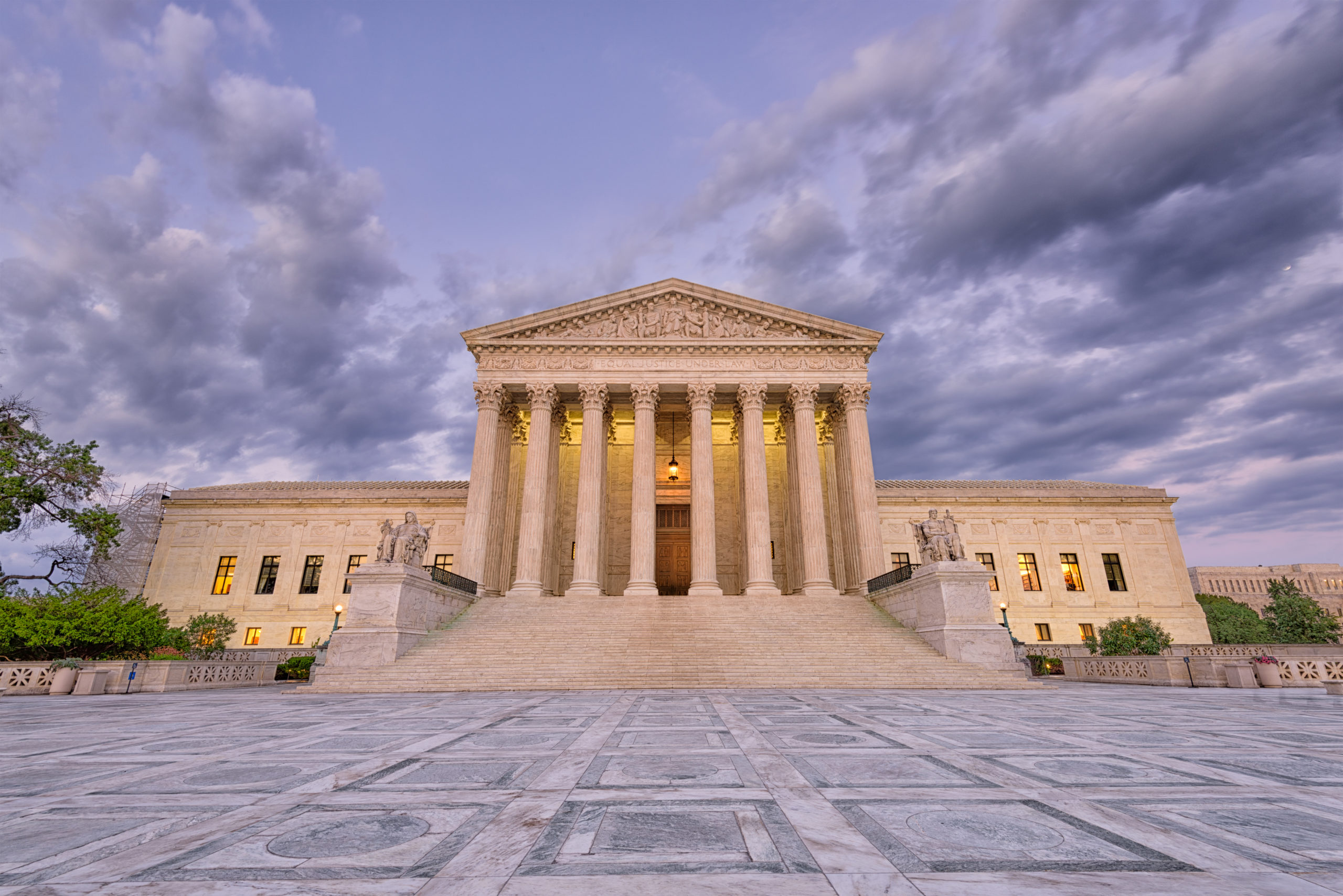By Jess Bravin | Wall Street Journal
WASHINGTON—The Supreme Court found it unconstitutional to consider racein university admissions, eliminating the principal tool the nation’s most selective schools have used to diversify their campuses.
Thursday’s 6-3 decision will force a reworking of admissions criteria throughout American higher education, where for decades the pursuit of diversity has been an article of faith.
The watershed decision by Chief Justice John Roberts sets new parameters for the continuing national debate over what criteria should determine who is admitted to the country’s elite institutions and hired into top jobs—crucial springboards for upward mobility in America.
But the immediate impact will be felt in universities that produce a disproportionate share of the nation’s leaders—including the Supreme Court itself, where eight of the nine justices hold degrees from Harvard or Yale.
“For too long,” Roberts wrote, universities “have concluded, wrongly, that the touchstone of an individual’s identity is not challenges bested, skills built, or lessons learned but the color of their skin. Our constitutional history does not tolerate that choice.”
Roberts said admissions officers could consider “an applicant’s discussion of how race affected his or her life, be it through discrimination, inspiration, or otherwise,” he wrote. The difference, he added, is that “the student must be treated based on his or her experiences as an individual—not on the basis of race.”
Logan Elia, Rose Law Group Partner: Institutions of higher learning should be embarrassed that they ever believed diversity of skin color is important at all. They should seek diversity of ideas and experience.
This case overrules a string of cases going back to Bakke in 1978, which allowed that schools may consider race as a factor in admission. Although there have been many challenges to these cases, they have generally been mounted by white people. The current case is interesting because it was mounted by Asian students. I believe the statistic that I saw was that an Asian student requires on average an SAT score 273 points higher than an African American student to be admitted to Harvard, showing how much Harvard has been valuing skin color in admissions.
Although the decision will end racial check boxes in admission, it does not prohibit back-dooring a racial admission policy through statements made in admission essays. I suspect that because these schools have done very little to pursue diversity of ideas amongst their faculty, they will try to skirt this decision that way.












